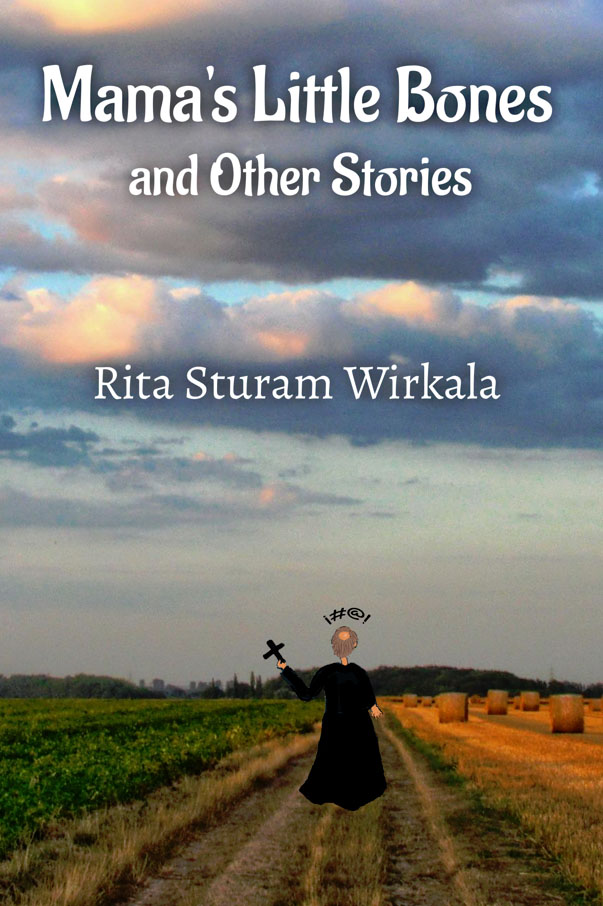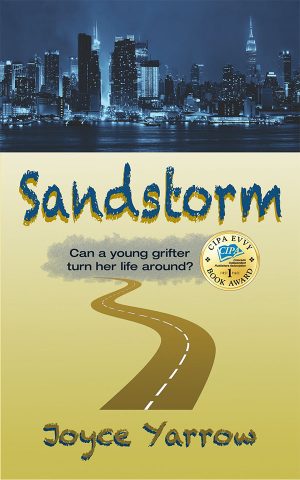Mama’s Little Bones and Other Stories
$15.00
This is the translation of Los huesitos de mama y otros relatos
María Susana, a town in the Argentine Pampas, with a peculiar triangular form and railroad tracks dividing the Italian settlers from the gauchos and mestizos, is the setting for this collection of loosely autobiographical tales. Some comical, others serious, all reflective and charged with sharp insights into the lives and doings of various unforgettable characters. These stories from a distant land resonate in the human heart beyond geography, time, or culture.
ISBN: 978-1-7368488-7-6
Description
In the collection’s title story, Mama’s Little Bones, the cleaning of the bones in the family pantheon ends in a fight over a missing ring from the skeleton’s metacarpus.
In Amelia and I, the narrator confesses the sin of bullying her friend, who came from the “Other Side” of the railroad tracks. As a small child, she had absorbed the town’s prejudices, and now her mature self reflects on the changing nature of consciousness. She also acknowledges the bridge that Amelia generously extended between her world and the Other’s.
Dissonances I and II deals with the sudden abandonment of religious dogma when the narrator discovers, at the age of eleven, the forbidden love affair of the priest and her teacher. Finding a parallel between Divinity and the beautiful proportions of musical harmonics, she turns her faith toward that “dimension, outside the corrosive reach of time and space, from where the laws of the universe and its exact laws emanate.”
Don Col, the only African American man in the storyteller’s hometown, tells of his departure from New Orleans and his unlikely arrival in that small town in the Pampas.
In The speckled hen, her grandfather entrusts his 10 and 12-year-old grandchildren with the euthanasia of a sick hen. The disturbing experience of being an accessory to an agonizing death awakens in her a series of indelible sensations. At the same time, it casts doubt on real memory, and explores the blurred lines between the truth and the imagined.
The author narrates the town’s most notorious robbery in Tango Night, while depicting the Argentine’s passion for horse racing, and how the dramatic and depressing lyrics of the tango portray much of the national character.
In The Christmas Lottery, the village Fool unwittingly predicts a supposedly winning lottery number, leading the owner of the ticket to make a catastrophic decision.
The ghost of a suicide in The Cistern is blamed for everything from losing an earring to burning a stew. The story awakens the narrator’s early thoughts about the sinful quality of suicide, as seen through the lens of Catholic dogma.
The Turks is a gesture of posthumous apology towards an immigrant whom ignorant racists called “Dirty,” and whose embarrassing–and hilarious–interaction with the narrator sparked the first glimmer of her social conscience.





